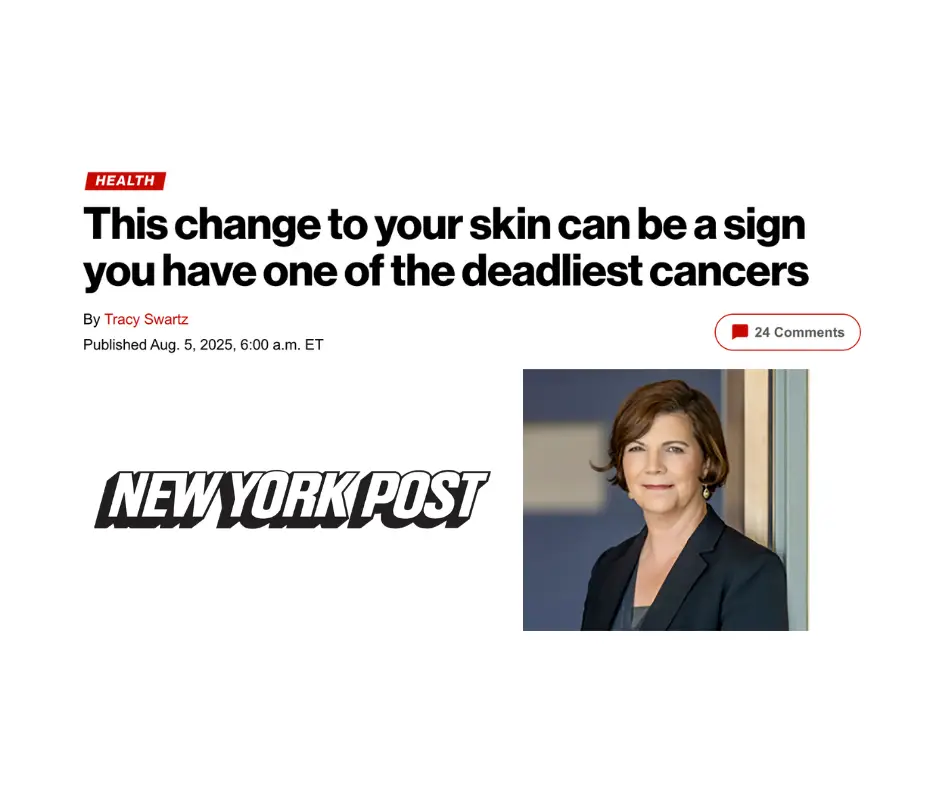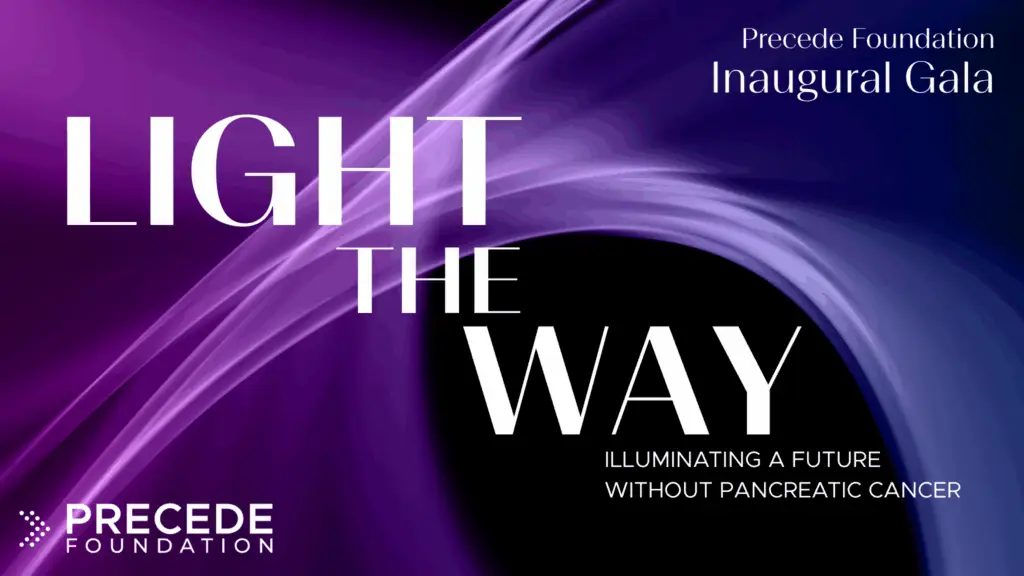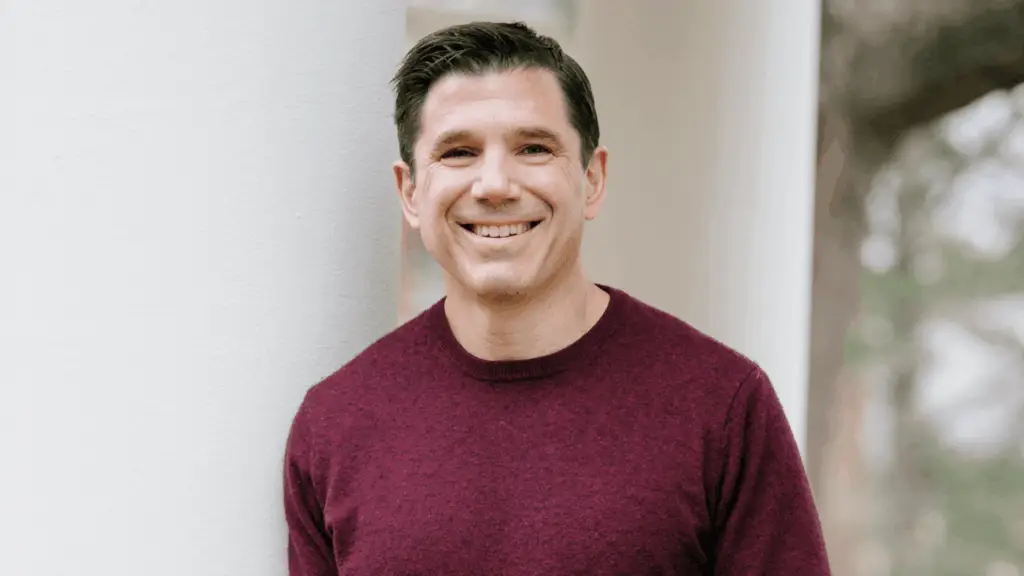The world’s largest collaborative effort in pancreatic cancer early detection sets new goal of 20,000 participants.
A Historic Milestone in the Fight Against Pancreatic Cancer
The Pancreatic Cancer Early Detection (PRECEDE) Consortium has officially enrolled 10,000 participants in its groundbreaking global study—making it the largest collaborative initiative in the world focused on individuals at high risk for developing pancreatic cancer.
This milestone, achieved in just five years, reflects the urgency and momentum driving PRECEDE’s mission: to transform the future of pancreatic cancer detection and survival.
Doubling Our Goal: 20,000 Participants
Building on this success, PRECEDE is now setting its sights on 20,000 participants. This expansion will allow the consortium to further strengthen its ability to:
-
Develop and validate early detection tools
-
Improve and standardize screening protocols
-
Advance lifesaving interventions for one of the deadliest cancers
Why Early Detection Matters
Pancreatic cancer is one of the most challenging cancers to detect, with a five-year survival rate of just 13%. PRECEDE’s approach is designed to change that.
By uniting more than 60 academic medical centers across the U.S. and worldwide, the consortium shares data and insights in real time—breaking down silos that have historically slowed progress. This collaborative model could help raise survival rates to 50% within the next decade.
Voices of Hope
“Reaching the 10,000-participant mark is a historic milestone, but more importantly, it’s proof that collaboration on a global scale can fundamentally change the trajectory of pancreatic cancer,” said Dr. Diane M. Simeone, director of Moores Cancer Center at UC San Diego and founding director of the PRECEDE Consortium.
For Jamie Brickell, President of the PRECEDE Foundation’s Board of Directors and a pancreatic cancer survivor, this mission is deeply personal:
“When I was diagnosed in 2020, I was fortunate that it was caught early enough for surgery and treatment. That early detection saved my life. Too often, patients don’t get that chance. Reaching 10,000 participants and setting our sights on 20,000 proves what’s possible when patients, physicians, and researchers come together.”
The Pancreatic Cancer Early Detection (PRECEDE) Consortium is the first global collaborative network dedicated to reimagining how pancreatic cancer is detected, treated, and prevented. With over 60 medical centers and 10,000 high-risk individuals enrolled, PRECEDE is building the world’s largest dataset to accelerate the development of early detection tools.
Its mission is bold yet clear: raise pancreatic cancer survival rates from 13% today to 50% within the next decade.





